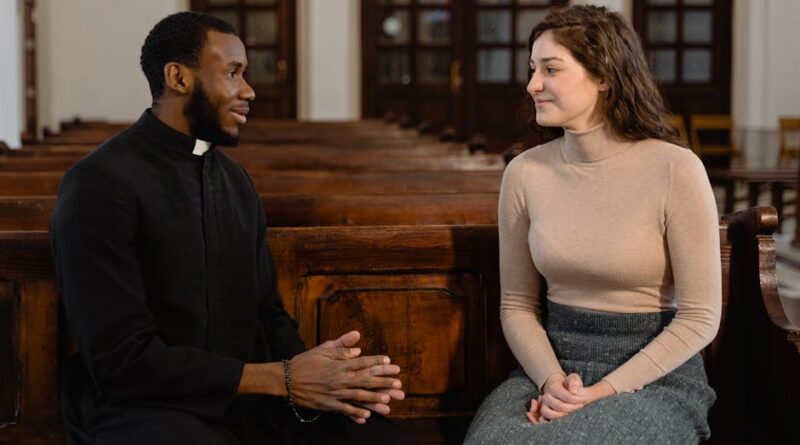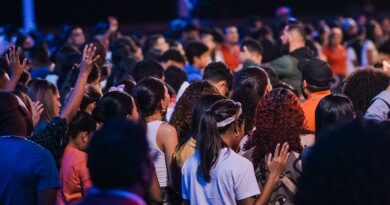Exploring Interfaith Dialogue: Building Bridges Across Beliefs
As we navigate the diverse landscape of our global society, the need for understanding, respect, and communication among different faith traditions becomes increasingly imperative. In a world where religious diversity is a reality, interfaith dialogue serves as a crucial tool for fostering harmony, cooperation, and mutual understanding. But what exactly is interfaith dialogue, and why is it so vital in today’s world?
Join us on a journey as we delve deep into the realm of interfaith dialogue, exploring its nuances, significance, challenges, and potential for transformative change. From the historical roots of interfaith dialogue to its modern-day applications and future possibilities, this comprehensive guide aims to shed light on this vital aspect of our interconnected world.
The Historical Tapestry of Interfaith Dialogue

Interfaith dialogue is not a new concept; it has been an integral part of human interaction for centuries. From the early exchanges between different religious communities in ancient civilizations to the philosophical debates of the Middle Ages, the history of interfaith dialogue is rich and diverse.
One of the earliest recorded instances of interfaith dialogue dates back to the 8th century, during the Islamic Golden Age, when scholars from different cultural and religious backgrounds came together to exchange ideas, knowledge, and perspectives. This period of intellectual flourishing laid the foundation for future interfaith engagements and set a precedent for cross-cultural communication.
The Essence of Interfaith Dialogue: Understanding and Respect
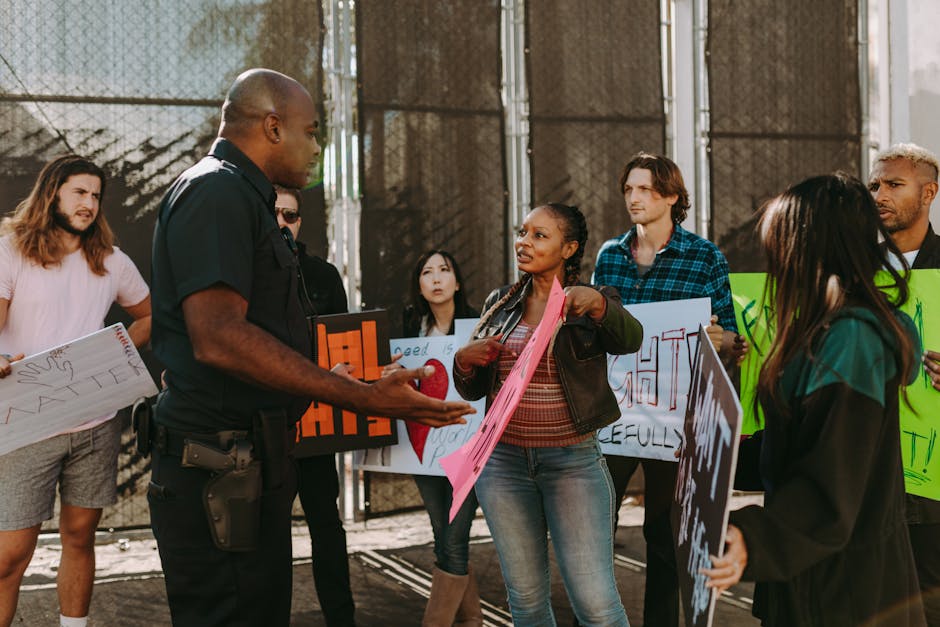
At its core, interfaith dialogue is about fostering understanding, respect, and empathy across religious boundaries. It is a process of engaging in conversations, discussions, and interactions with individuals from different faith traditions in a spirit of openness and curiosity. By listening to each other’s beliefs, sharing experiences, and seeking common ground, participants in interfaith dialogue can bridge the gaps that often divide communities and foster a sense of unity amidst diversity.
Interfaith dialogue is not about converting others to one’s own faith or proving the superiority of one’s beliefs. Instead, it is a mutual exchange of ideas, values, and perspectives aimed at building bridges of understanding and cooperation. Through active listening, empathy, and a willingness to learn from others, participants in interfaith dialogue can cultivate a culture of respect and inclusivity that transcends religious differences.
Challenges and Opportunities in Interfaith Dialogue
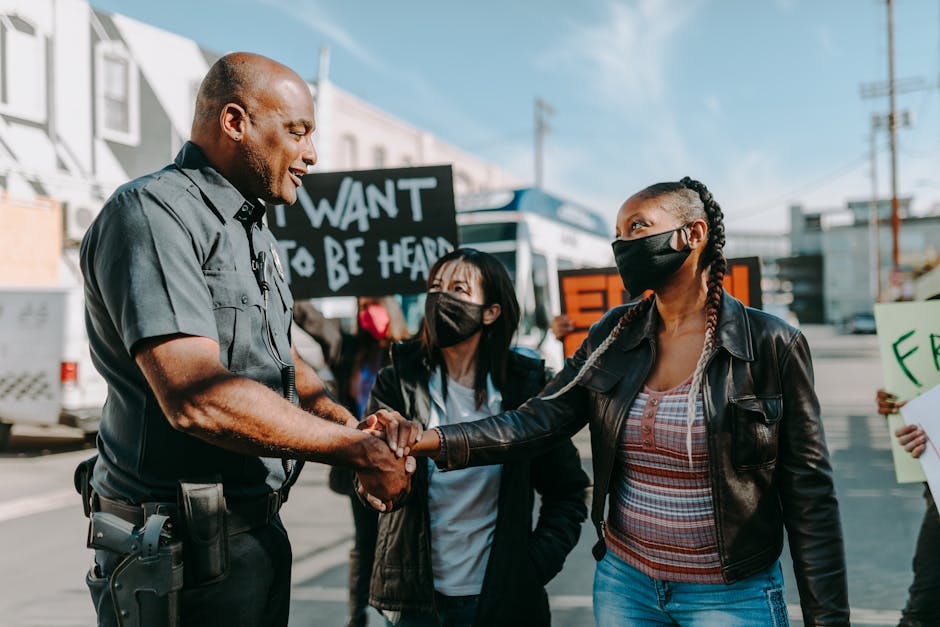
While interfaith dialogue holds immense potential for promoting peace, harmony, and cooperation, it also comes with its own set of challenges and complexities. One of the primary obstacles in interfaith dialogue is the presence of deeply held beliefs, traditions, and worldviews that can sometimes lead to misunderstandings, conflicts, and tensions.
Furthermore, historical prejudices, cultural biases, and political agendas can also hinder genuine dialogue and hinder the progress of building meaningful relationships across faith communities. Addressing these challenges requires a willingness to confront difficult conversations, acknowledge past injustices, and work towards reconciliation and healing.
The Role of Interfaith Dialogue in Conflict Resolution
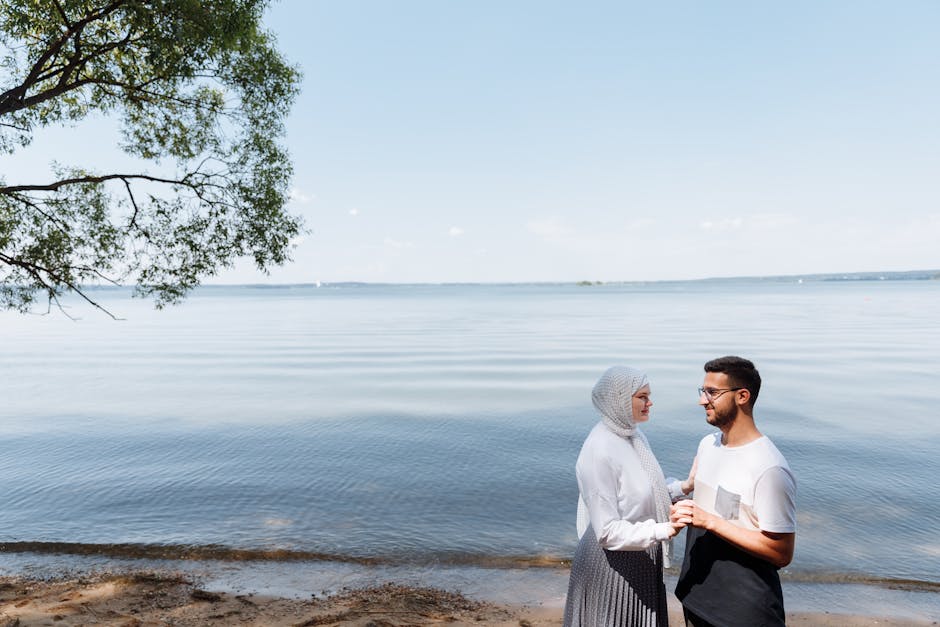
One of the most powerful applications of interfaith dialogue is its potential to contribute to conflict resolution and peacebuilding efforts. By bringing together individuals from conflicting religious, cultural, or political backgrounds, interfaith dialogue can help foster understanding, empathy, and trust, paving the way for reconciliation and healing.
In regions plagued by religious or sectarian violence, interfaith dialogue initiatives have played a crucial role in de-escalating tensions, promoting dialogue, and building bridges of trust and cooperation. By creating spaces for dialogue, mutual respect, and collaboration, interfaith initiatives have the power to transform conflicts, promote social cohesion, and build sustainable peace.
A Global Perspective: Interfaith Dialogue in the 21st Century
In today’s interconnected world, interfaith dialogue has taken on new dimensions and challenges. With the rise of globalization, migration, and digital communication, the need for interfaith dialogue has never been greater. As diverse communities come into contact with one another, the importance of understanding, respect, and collaboration across religious boundaries becomes increasingly evident.
Interfaith dialogue in the 21st century is characterized by a growing emphasis on inclusivity, diversity, and social justice. From grassroots initiatives to international conferences, interfaith dialogues are happening at all levels of society, engaging individuals from different backgrounds in conversations about shared values, common goals, and mutual respect.
Building Bridges for the Future: The Potential of Interfaith Dialogue
Looking ahead, the potential of interfaith dialogue to shape a more inclusive, peaceful, and harmonious world is immense. By fostering understanding, respect, and cooperation among diverse religious communities, interfaith dialogue has the power to bridge divides, challenge stereotypes, and promote social cohesion.
As we navigate the complexities of our globalized world, interfaith dialogue offers a pathway towards building a more just, equitable, and compassionate society. By embracing the values of empathy, solidarity, and mutual understanding, we can work together to create a world where diversity is celebrated, differences are respected, and dialogue is the key to building a better future for all.
Common Misconceptions About Interfaith Dialogue
One common misconception about interfaith dialogue is that it is about compromising one’s beliefs or diluting one’s faith in order to accommodate others. In reality, interfaith dialogue is about engaging with others in a spirit of openness, respect, and curiosity, without compromising one’s own beliefs.
Another misconception is that interfaith dialogue is only relevant for religious leaders or scholars. In truth, interfaith dialogue is for everyone, regardless of their religious background or level of knowledge. By engaging in conversations with people from different faith traditions, we can all contribute to building a more inclusive and understanding society.
Comparative Analysis: Interfaith Dialogue vs. Intrafaith Dialogue
While interfaith dialogue focuses on conversations and interactions between individuals from different religious traditions, intrafaith dialogue centers on discussions within a single religious community. Both forms of dialogue are essential for promoting understanding, unity, and cooperation, but they serve different purposes and audiences.
Interfaith dialogue seeks to build bridges across religious divides, fostering understanding and respect among diverse communities. Intrafaith dialogue, on the other hand, aims to deepen understanding and strengthen relationships within a particular religious tradition, addressing internal differences and promoting unity among believers.
FAQs About Interfaith Dialogue
1. Is interfaith dialogue only for religious leaders or scholars?
No, interfaith dialogue is for everyone. Individuals from all walks of life can engage in conversations with people from different faith traditions to promote understanding and respect.
2. How can I get involved in interfaith dialogue?
You can participate in interfaith dialogue by attending events, workshops, or conferences organized by interfaith organizations in your community. You can also initiate conversations with people from different religious backgrounds to learn more about their beliefs and practices.
To Wrap Things Up
Interfaith dialogue is not just a tool for building bridges across religious divides; it is a pathway towards creating a more inclusive, compassionate, and harmonious world. By engaging in conversations, listening with an open heart, and seeking common ground with those of different faith traditions, we can work together to build a future where diversity is celebrated, differences are respected, and dialogue is the key to peace.
So, let us embrace the spirit of interfaith dialogue, and together, let us build a world where understanding, respect, and cooperation reign supreme. The journey may be long, but the destination is worth every step we take towards a brighter, more interconnected future.

